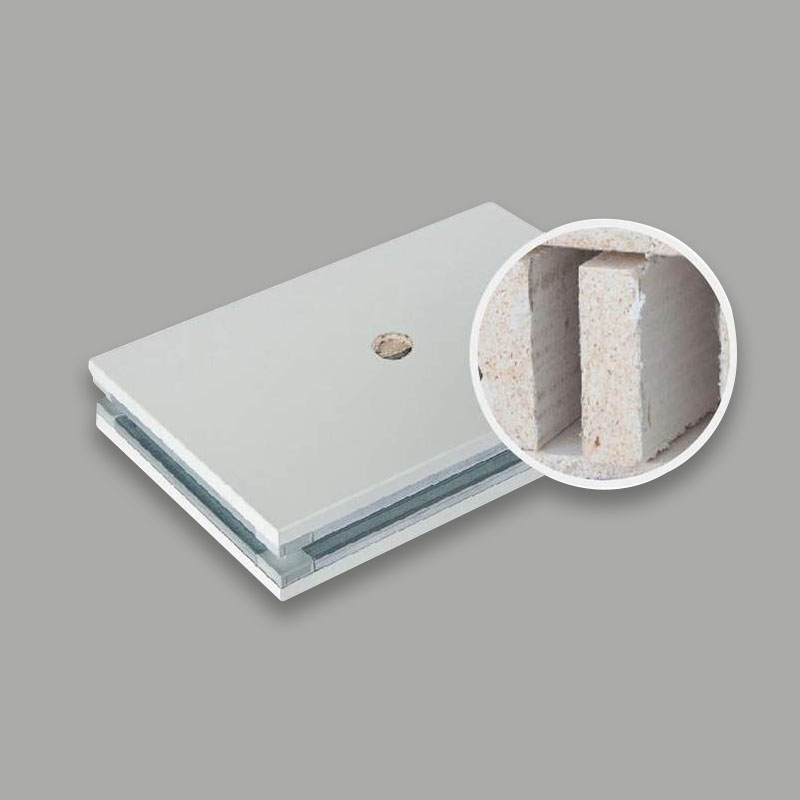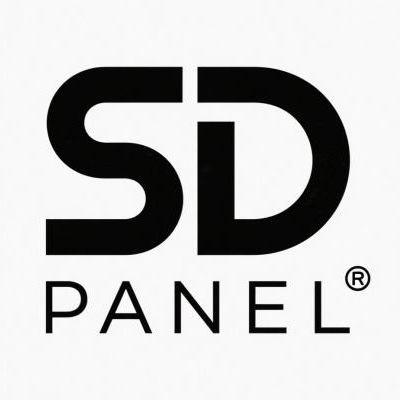Performance analysis of glass magnesium clean room panel

In high-risk environments such as pharmaceutical manufacturing, microelectronics manufacturing, and advanced biomedical research, the integrity of the cleanroom is paramount. Among these critical cleanroom components, the walls and ceilings form the core of this controlled environment. While a variety of materials have been used over the years, glass magnesium clean room panel has become increasingly popular, offering a unique combination of properties that make them ideally suited for modern cleanroom applications. This article provides a comprehensive performance analysis of glass magnesium clean room panel.
What is glass magnesium clean room panel
Glass magnesium panels, also known as Magnesium Oxide (MgO) panels, are an inorganic, multi-layered composite material. The core is primarily composed of magnesium oxide and magnesium chloride, reinforced with layers of fiberglass mesh and amended with materials like perlite or vermiculite. Glass magnesium clean room panel is made of powder coated steel surface sheet, surrounded galvanized steel keel and infilled hollow glass magnesium core material. It is a kind of normal ceiling panel and wall panel in clean room industry and it has great strength and long service life.
Advantages of glass magnesium clean room panel
The superiority of glass magnesium clean room panel in a cleanroom context is not due to a single feature but to a synergistic combination of performance characteristics.
Pollution control of glass magnesium clean room panel
The core capabilities of clean room panels are inertness, non-particle resistance, and airtightness. Glass magnesium cleanroom panels excel in this regard.
- Non-Particulating Surface: The panels have an exceptionally hard, smooth, and non-porous surface that does not dust, shed, or erode. This eliminates the panel itself as a source of particulate contamination, which is critical for achieving and maintaining stringent ISO Class 5 (Class 100) or higher environments.
- Chemical resistance: The inert surface has strong resistance to a variety of harsh cleaners, solvents and sporicidal disinfectants (such as hydrogen peroxide and sodium hypochlorite). These chemicals are strictly used in the cleanroom sanitation cleaning process. They will not degrade, stain or corrode over time. The glass magnesium cleanvroom panel has strong resistance to these chemicals, ensuring that the surface is always easy to clean and not corroded, ensuring the cleanroom.
- Chemical resistance: The inert surface has strong resistance to a variety of harsh cleaners, solvents and sporicidal disinfectants (such as hydrogen peroxide and sodium hypochlorite). These chemicals are strictly used in the cleanroom sanitation cleaning process. They will not degrade, stain or corrode over time. The glass magnesium clean room panel has strong resistance to these chemicals, ensuring that the surface is always easy to clean and not corroded, ensuring the cleanroom.
Excellent moisture and mildew resistance of glass magnesium clean room panel
Humidity control is a key function of the cleanroom heating, ventilation and air conditioning (HVAC) system, but clean room panels must also be able to withstand washdowns and spills without being affected. This requires the cleanroom panels to have a certain degree of resistance to moisture and mildew.
Glass magnesium clean room panel does not contain any organic material and therefore will not harbor mold, mildew or fungus. This is a significant advantage over gypsum board, which can harbor microorganisms in its paper surface when exposed to moisture.
In addition, glass magnesium clean room panel has extremely low moisture absorption (<5%), which means they will not warp, swell or delaminate under high humidity conditions. This stability ensures the critical airtightness between clean room panels and also guarantees the integrity of the entire system.
Excellent fire resistance of glass magnesium clean room panel
Cleanroom generally has certain fire protection requirements, so choosing clean room panels with excellent fire resistance is crucial.
Glass magnesium clean room panel is inherently non-combustible (ASTM E136). It achieves a Class A (ASTM E84) fire rating, meaning they offer the highest resistance to flame spread (0) and smoke generation (0). If rock wool is used as the inner core material of the glass magnesium clean room panel, their fire resistance can be further enhanced.
Structural Durability and Mechanical Strength
Cleanroom is dynamic environments that require cleanroom panels that can withstand impact and abrasion.
- Impact Resistance: The integrated multi-layer fiberglass mesh of glass magnesium clean room panel provides exceptional tensile and flexural strength. It is highly resistant to dents, punctures, and damage from moving equipment, outperforming standard drywall and even some metal panels in impact tests.
- Durability: Unlike steel, glass magnesium clean room panel is corrosion-resistant and rust-resistant. Unlike aluminum, they are not easily dented. This durability means a longer service life, reduced maintenance costs, and the risk of unplanned downtime due to panel replacement.
Conclusion
Glass magnesium clean room panel is undoubtedly the new favorite for cleanroom system enclosures. They represent the advantages of inorganic materials in contamination control. They serve not only as walls but also as cleanroom ceilings. By cleverly combining key properties such as particle-free, airtight, fire-resistant, moisture-resistant, and exceptional durability, glass-magnesium cleanr oom panel provides a strong, durable, and reliable enclosure for the world’s most sensitive manufacturing and research processes.
